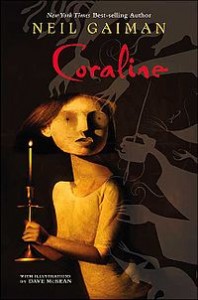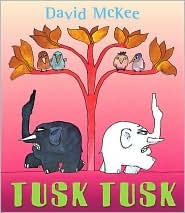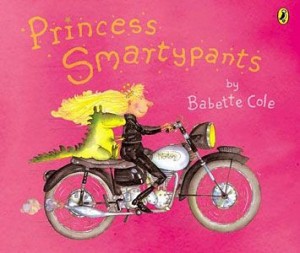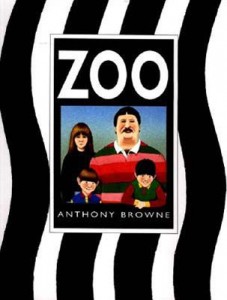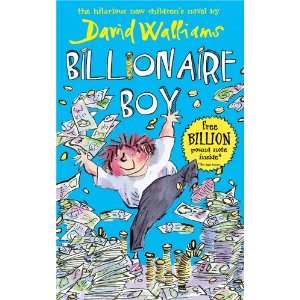 David Walliams’s latest children’s novel is an easy-going, fun book, clearly geared to appeal to boys (and we do need boys’ books), and even more clearly designed by its publisher (Harper Collins) to fill the un-fillable gap left by Roald Dahl’s death. Being un-fillable, this gap is left unfilled, but it was a worthy attempt.
David Walliams’s latest children’s novel is an easy-going, fun book, clearly geared to appeal to boys (and we do need boys’ books), and even more clearly designed by its publisher (Harper Collins) to fill the un-fillable gap left by Roald Dahl’s death. Being un-fillable, this gap is left unfilled, but it was a worthy attempt.
Billionaire Boy tells the story of Joe Spud, 12-year-old son of a self-made-multibillionaire who would have wowed Lord Sugar with his clever invention of a half-moist, half-dry loo paper roll. Little Joe has everything he wants, except for one thing: a friend.
Walliams’s stroke of genius is to get rid of all sense of measure in the description of this nouveau riche family – the more outrageous, the better, and after just a few pages we find ourselves very willing to suspend disbelief when Joe is given a cheque for two million pounds for his birthday, or is seen driving a Formula One car especially designed to accomodate his overweight figure.
The storyline is an overly predictable fable which can be summed up in one yawn: money doesn’t make you happy and you shouldn’t buy your way into friendship. But it doesn’t matter too much that the whole plot is telegraphed from the first few pages. With Walliams, it’s form, not content, that’s appealing – and counterbalancing the shallowness of the ‘message’ is an often hilarious treatment of Joe’s misfortunes.
Billionaire Boy does have some extremely funny moments. I found myself failing (because I was laughing so much) to read out loud to my boyfriend the timetable of the posh private school that Joe attends – here’s a taster:
Tuesday
Ancient Greek; Croquet; Pheasant Shooting; Being beastly to servants class; Mandolin level 3; History of Tweed; Nose in the air hour; Learning to step over the homeless person as you leave the opera; Finding your way out of a Maze.
Sometimes, though, Walliams’s humour – perhaps because of his background as a comedian – is completely incomprehensible to children, playing on cultural or social references that young teens can’t know. Thankfully, this doesn’t happen too often and doesn’t hinder the reading, but I’m always wary of books that speak to the adult above the child’s head.
Tony Ross’s illustrations are of course excellent, and the Ross/Walliams duo immediately calls to mind Blake/Dahl books, as I mentioned earlier. But Billionaire Boy, whatever Julia Eccleshare might say on the back cover, is too well-behaved and lacks the linguistic playfulness to be truly described as being ‘in the best spirit of Dahl’. Not that it matters at all – I wouldn’t even mention it if it wasn’t written all over the book and inside it that it was the publisher’s intention to present Walliams as Dahl’s heir.
One fascinating thing about Billionaire Boy is the OCD emphasis on food, especially comfort food. Food rules Walliams’s world, arranging weddings, reconciling friends, and creating social bonds. The importance of food in children’s books has been explored thoroughly by children’s literature critics, and we find in Walliams’s novel a perfect example of a bulimic approach to chocolate and candy as the satisfaction of immediate, primitive desires in children – an easy and potent way to entrance the child reader by appealing to one of the most pressing cravings in a child’s life.
The outrageous display of money in the novel plays on the same instinctive craving in children. Children are the economically deprived class – however rich their parents are, they have no access to the bank accounts and have to rely on their parents for all spendings. Billionaire Boy effectively gets rid of this tough law of childhood to present a kid who can have as much money as he wants, to do whatever he wants with it. Once again, this is the ultimate dream for a child reader, and the attraction of the novel depends heavily on it.
The editorial work on the book is generally very good, with a nice play on fonts and layouts. However, the novel is stangely riddled with tiny editorial mistakes, especially regarding punctuation.
To sum up, this is a charmingly silly novel which will please young teenagers to no end, and will definitely make adults laugh. Like the chocolate bars that abound in the novel, it is a sweet, indulgent, predictable novel, which does exactly what it says on the cover.

